The Hidden Costs of Fish Farming: Environmental and Ethical Concerns in Aquaculture
Aquaculture includes the raising of fish in enclosures for the purpose of selling them as food. This practice is known as fish farming. In terms of animal food production, it is the sector that is expanding the fastest. Currently, these artificial habitats raise nearly half of the fish that is consumed worldwide. Salmon, tuna, cod, trout, and halibut are among the species that are frequently farmed. These "aquafarms" can be concrete enclosures on land or mesh cages immersed in natural waterways.
Roughly 32 percent of global fish populations are overfished, depleted, or recovering, and require immediate rebuilding, according to the UN Food and Agriculture Organization. Some people celebrate fish aquaculture as the answer to the overfishing issue. These farms, however, are far from harmless and have the potential to seriously harm ecosystems through the introduction of exotic species, pollutants, and illnesses. Depending on the type of fish, how it is farmed and fed, how much is produced, and where the farm is located, different fish farms create different types of damage.
One big problem is that the farms frequently rely on wild fish species lower on the food chain, such anchovies, to feed the larger, carnivorous farmed species, which exacerbates the impact on wild populations rather than lessens it. One pound of a fish such as sea bass or salmon can be produced by up to five pounds of lesser fish. The ocean ecology is affected by the overfishing of these tiny "forage" fish.
Ethical issues in aquaculture practices from Farmersrathna Agri-news
Similar to industrial livestock farms situated on land, the fish are frequently kept in extremely confined spaces with minimal space for mobility. Fish may sustain crippling injuries such as fin damage and lesions. Farmers use insecticides and antibiotics to control illness and parasite outbreaks, such sea lice, that are brought on by the crowded and stressful environment. Antibiotic usage can lead to drug-resistant disease strains that threaten wildlife populations and even people who consume the farmed fish.
Fish that have escaped pose an additional risk to the ecosystem. The genetic diversity and survival of native species are threatened by the yearly escape of hundreds of thousands of fish from aquaculture facilities. Fish faces and uneaten food contribute significantly to pollution caused by excessive stocking densities, which in turn causes poor water quality with high ammonia and low oxygen levels. Aquafarmers occasionally poison or shoot seabirds and sea lions, two predatory marine species that are drawn to outdoor fish farms, in order to prevent them from consuming the fish.
It is still a popular belief that fish are painless, even in the face of evidence to the contrary. The aquaculture sector uses horrifying techniques of slaughter. The animals' pain receives little to no attention, and the majority of them are cognizant during the lengthy slaughter process. Before being slaughtered, some species, like salmon in the US, are starved for several days in order to empty their stomachs. Fish are usually killed by bleeding out, repeated hits to the head, suffocation, or freezing rather than being stunned. Like many other nations, the US lacks laws ensuring the humane treatment of fish.
Sustainable fish farming solutions from Farmersrathna Agri-news
The existence of this highly overfished species is in jeopardy due to years of unreported and unregulated bluefin tuna captures in the Atlantic and Mediterranean Seas. The issue is being made worse by the fact that bluefin tuna ranching is becoming a popular industry in an attempt to supply the increasing and rising demand for sushi in Japan and elsewhere. In order to capture tuna before they spawn and have a chance to procreate, fishermen utilize purse seines and longlines. After that, they spend three to six months in sea farms where they are fattened with thousands of pounds of smaller wild-caught fish before being killed and shipped.
-logo.webp.png)
.jpg)
-logo.webp.png)
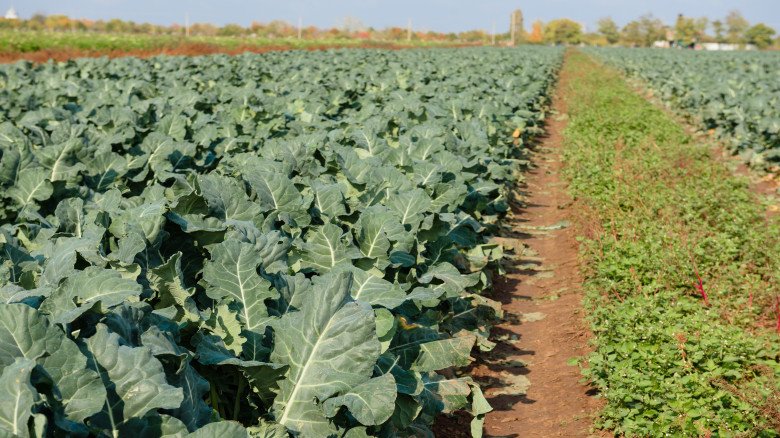

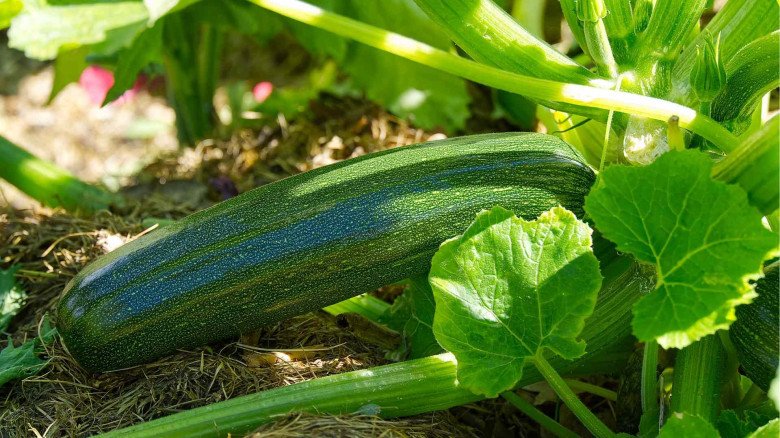
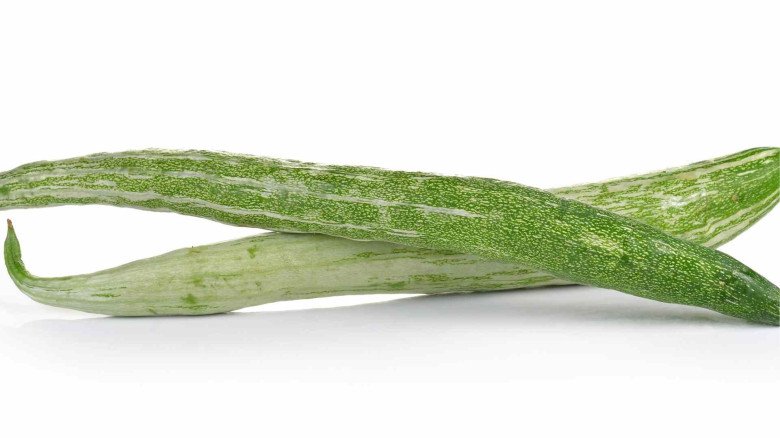


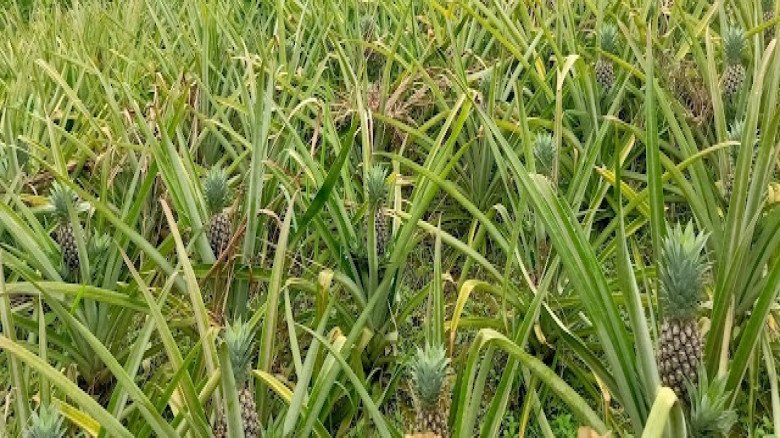
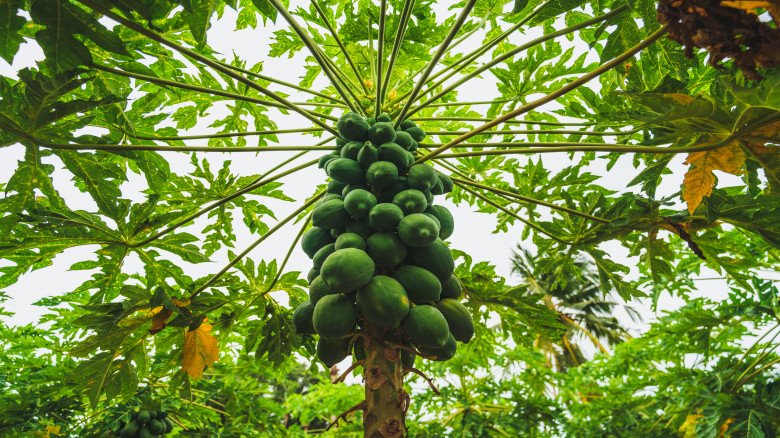
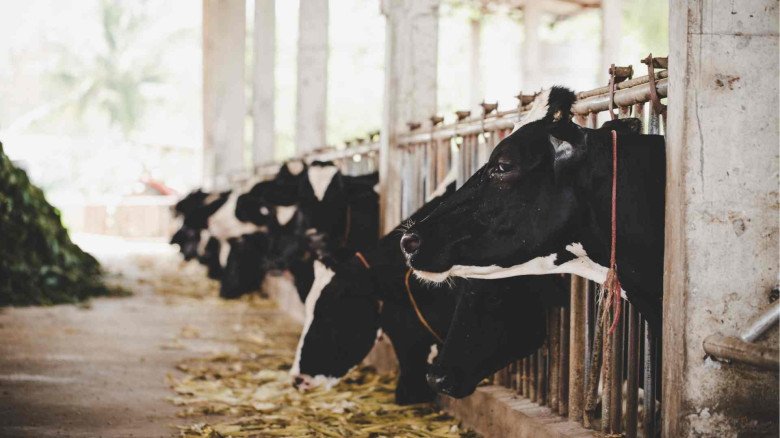
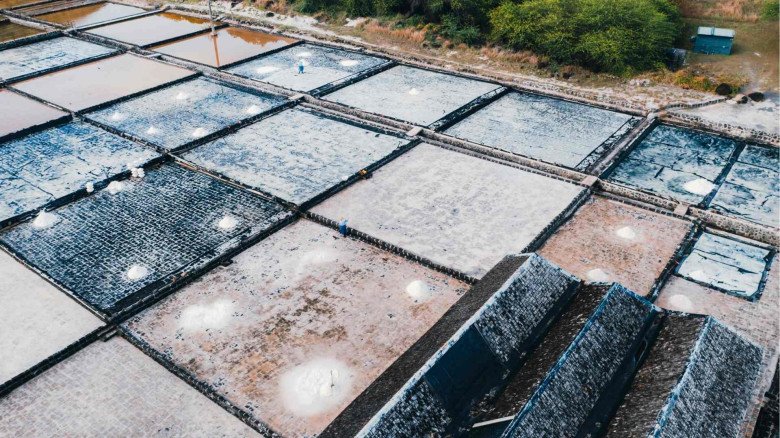
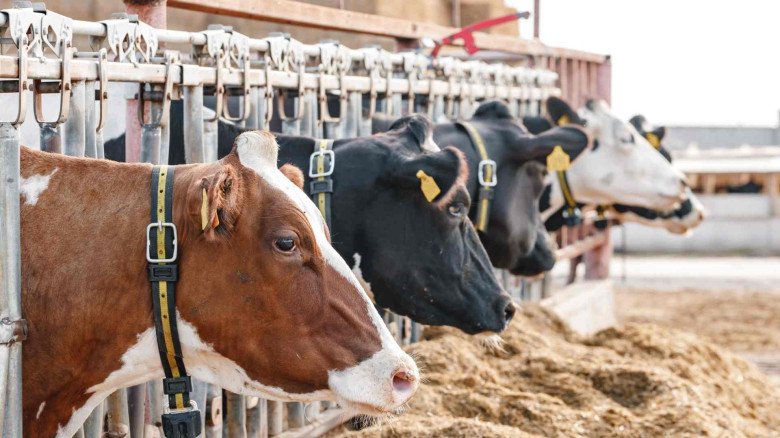
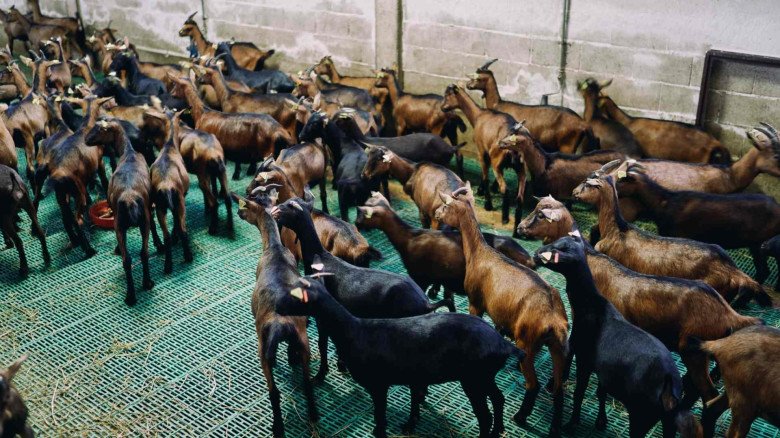
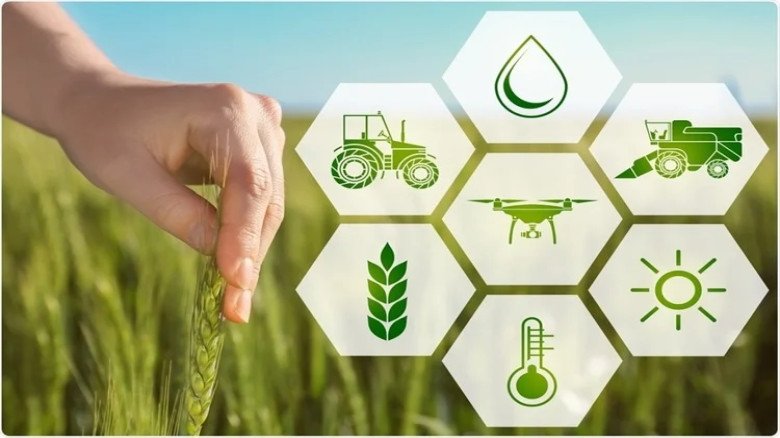


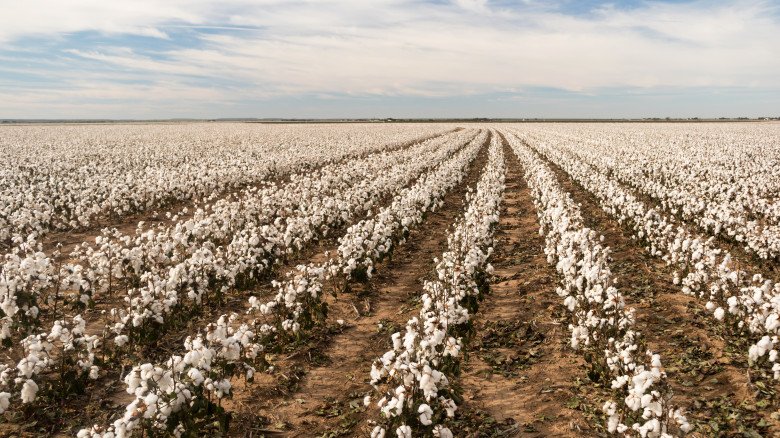
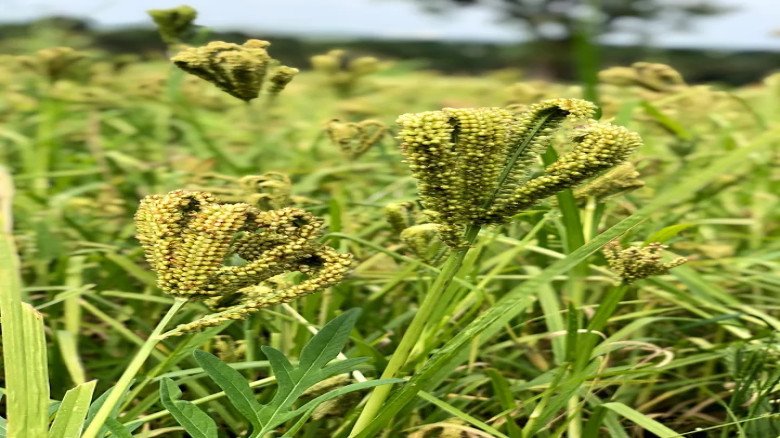
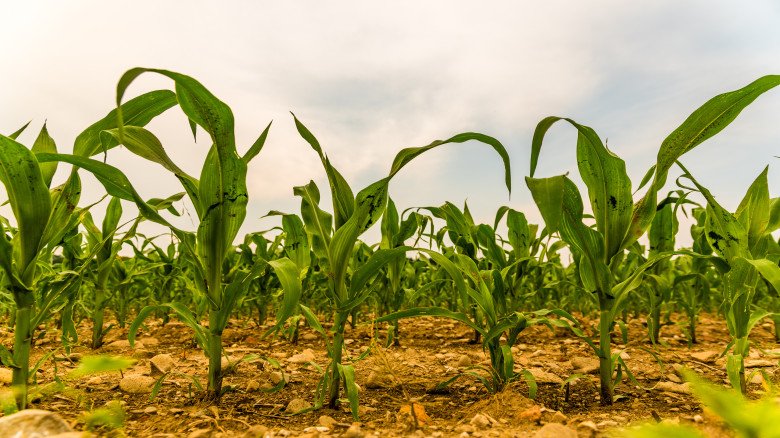
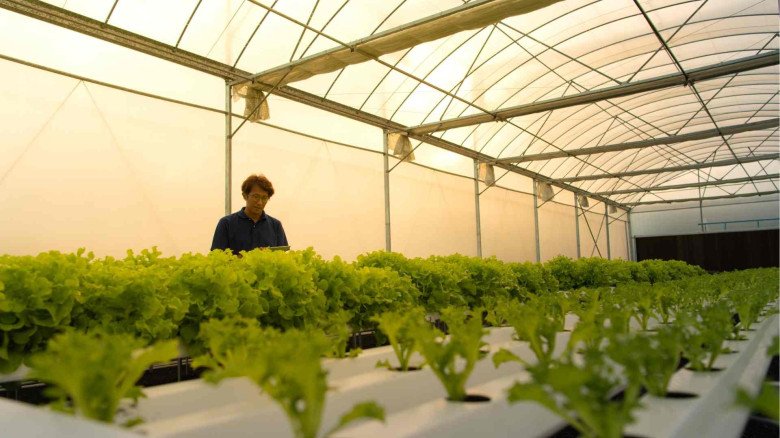
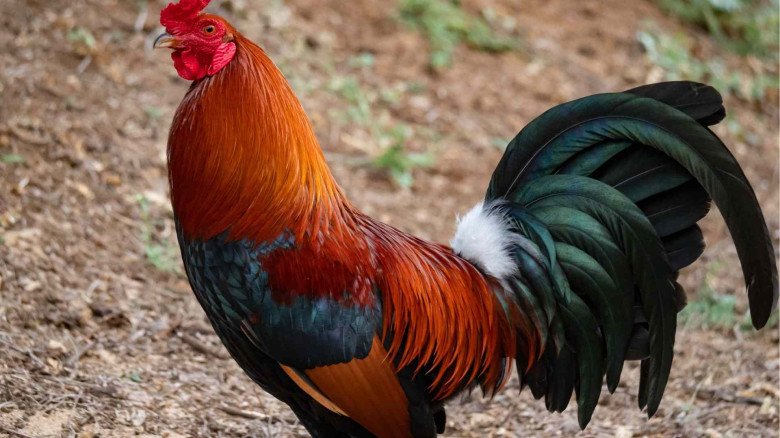
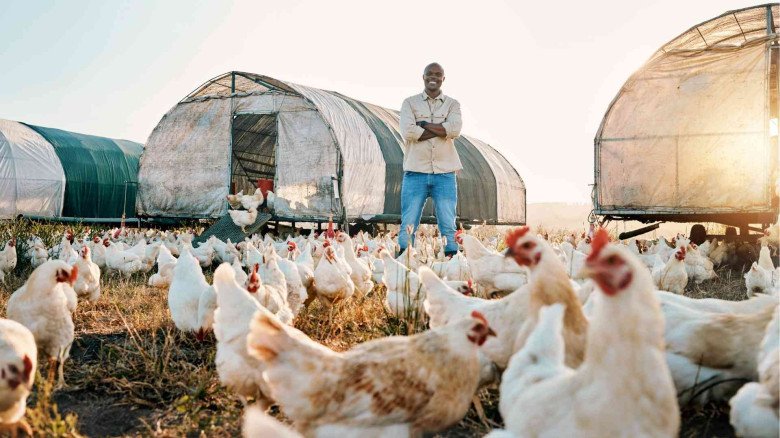
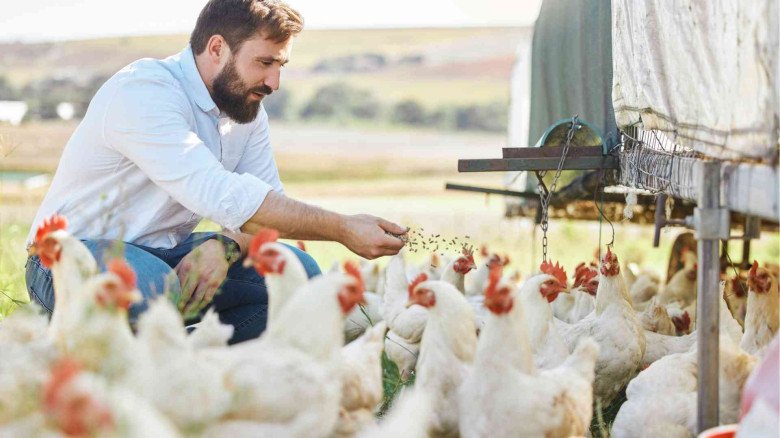
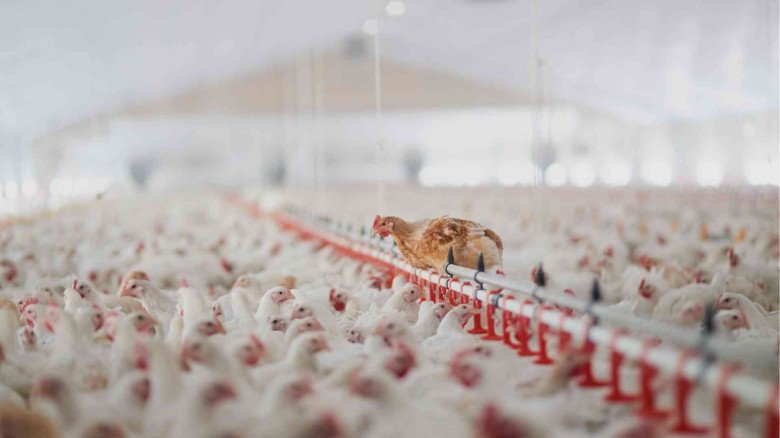
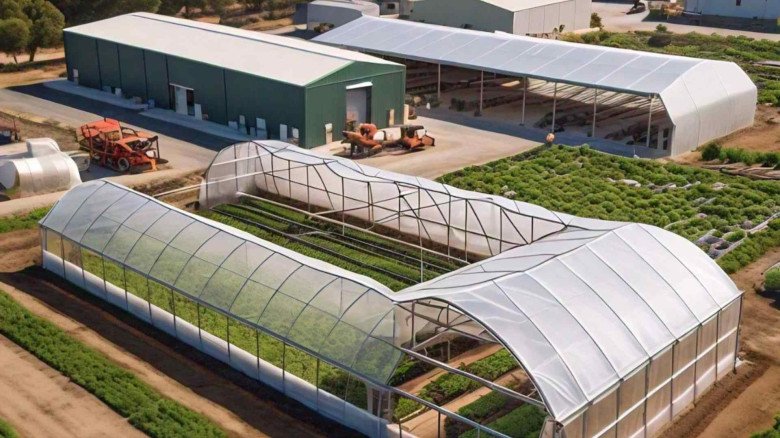
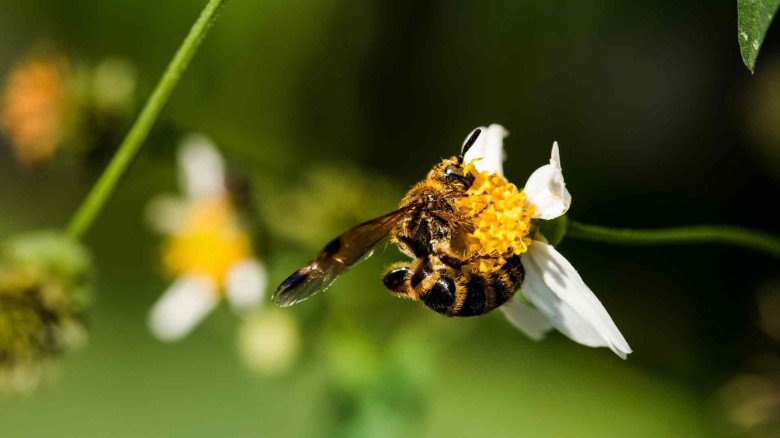


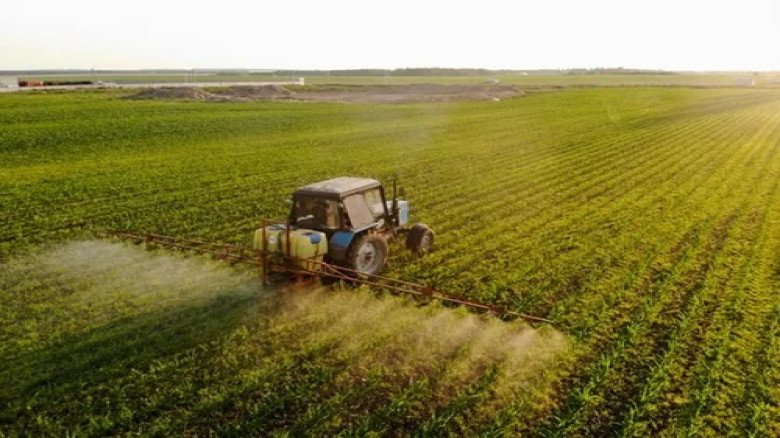
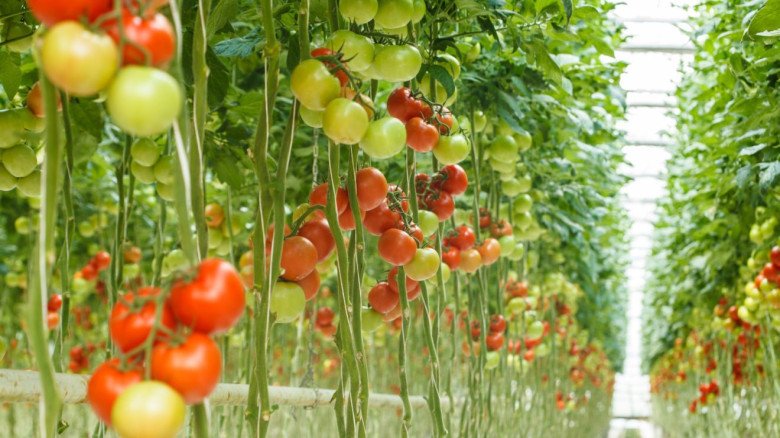


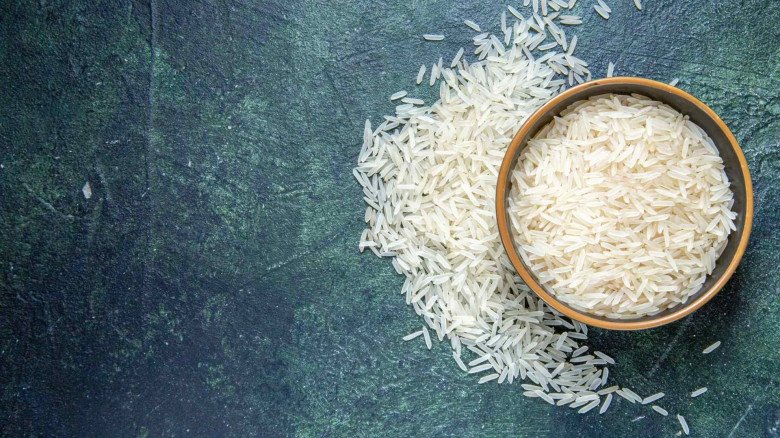

Leave A Comment